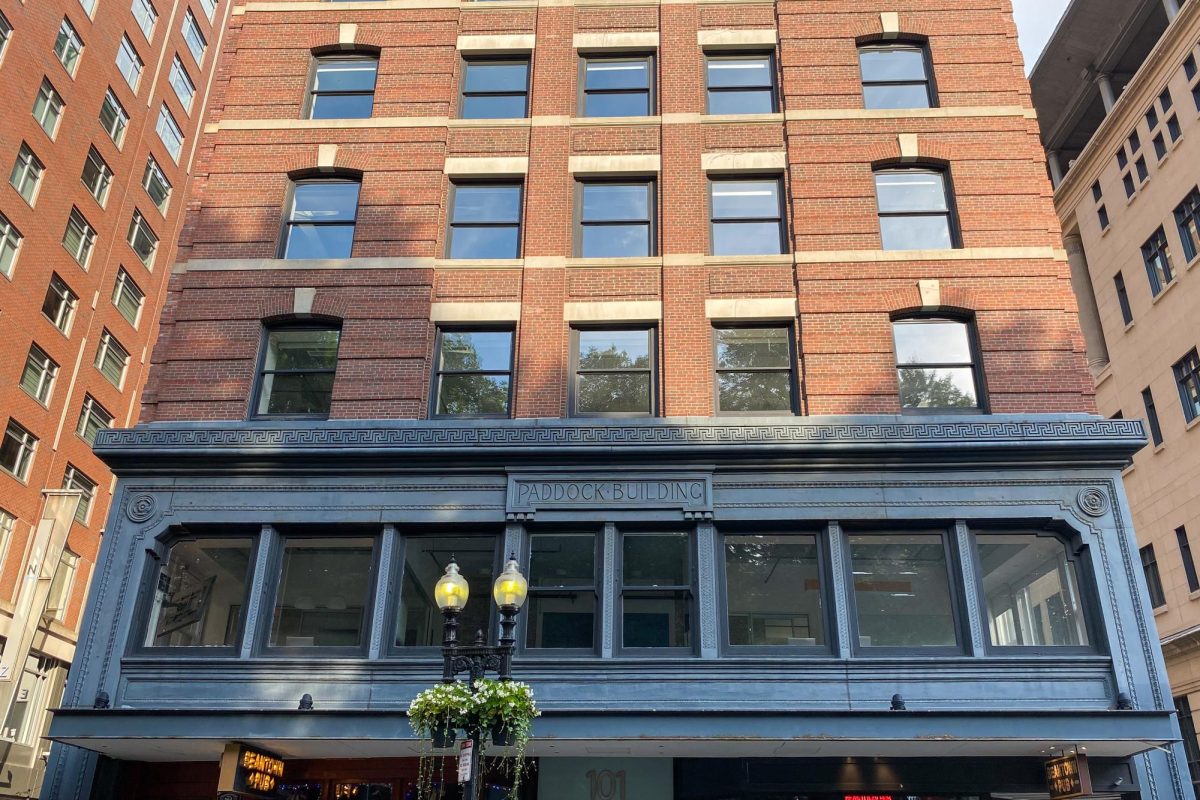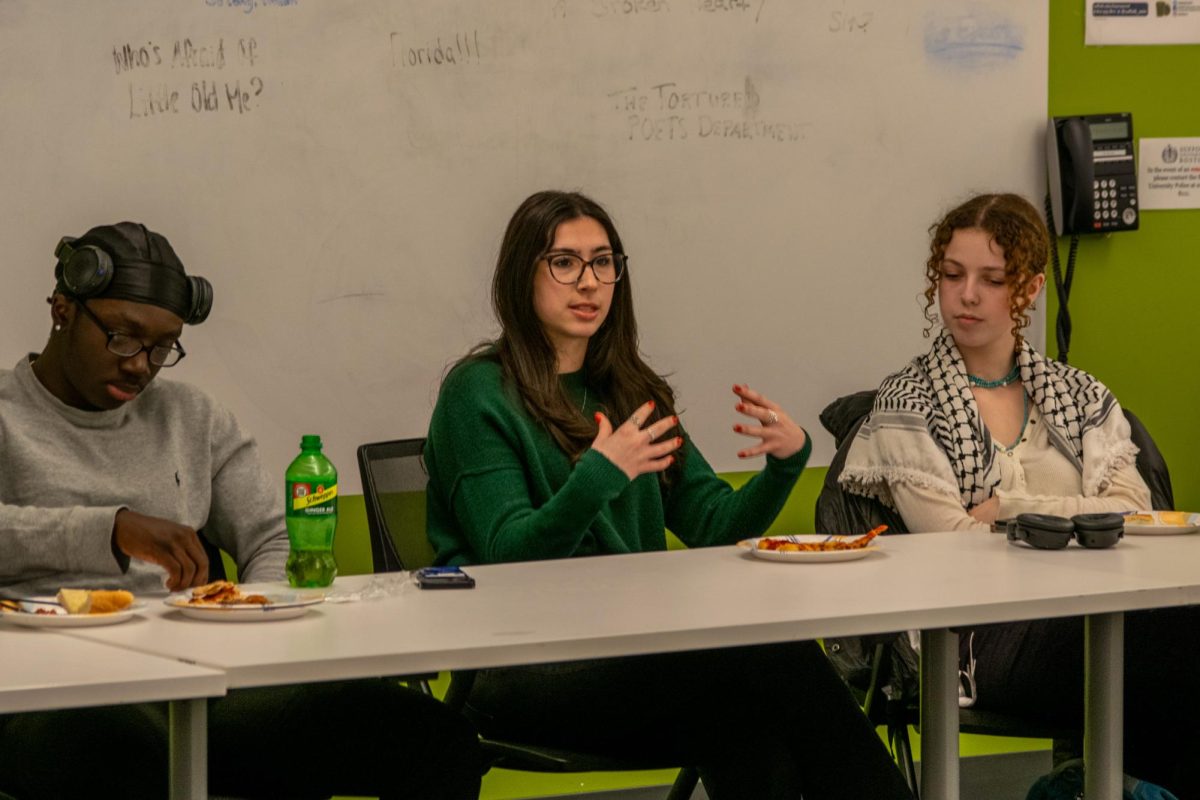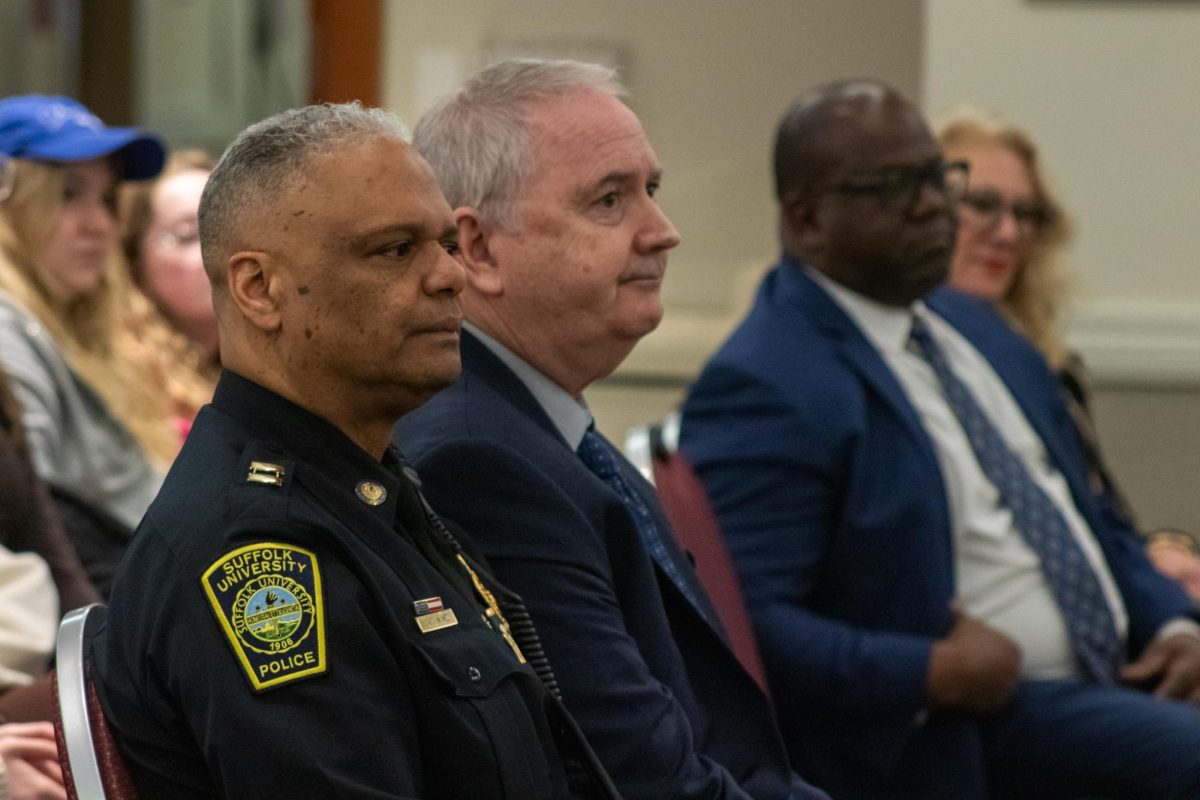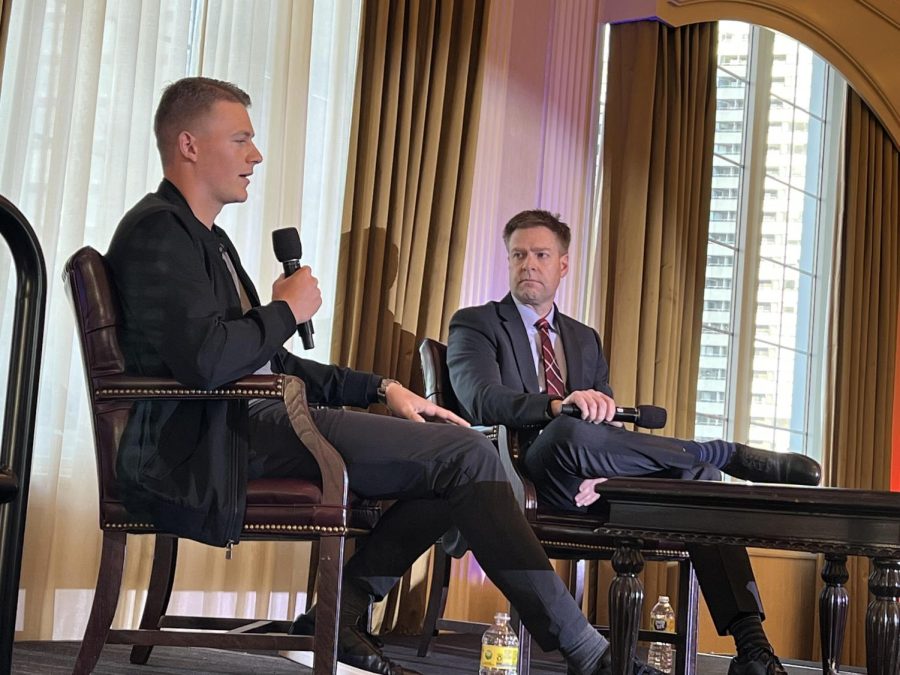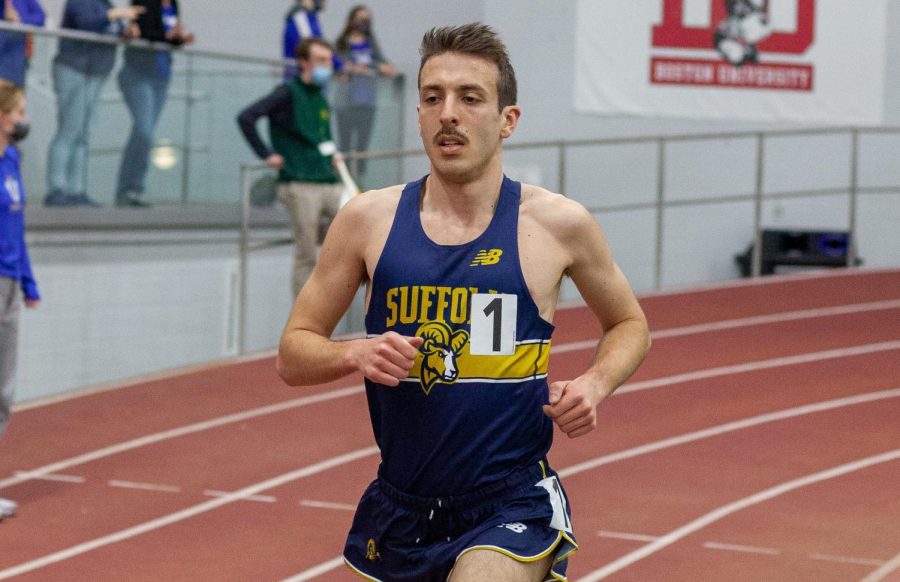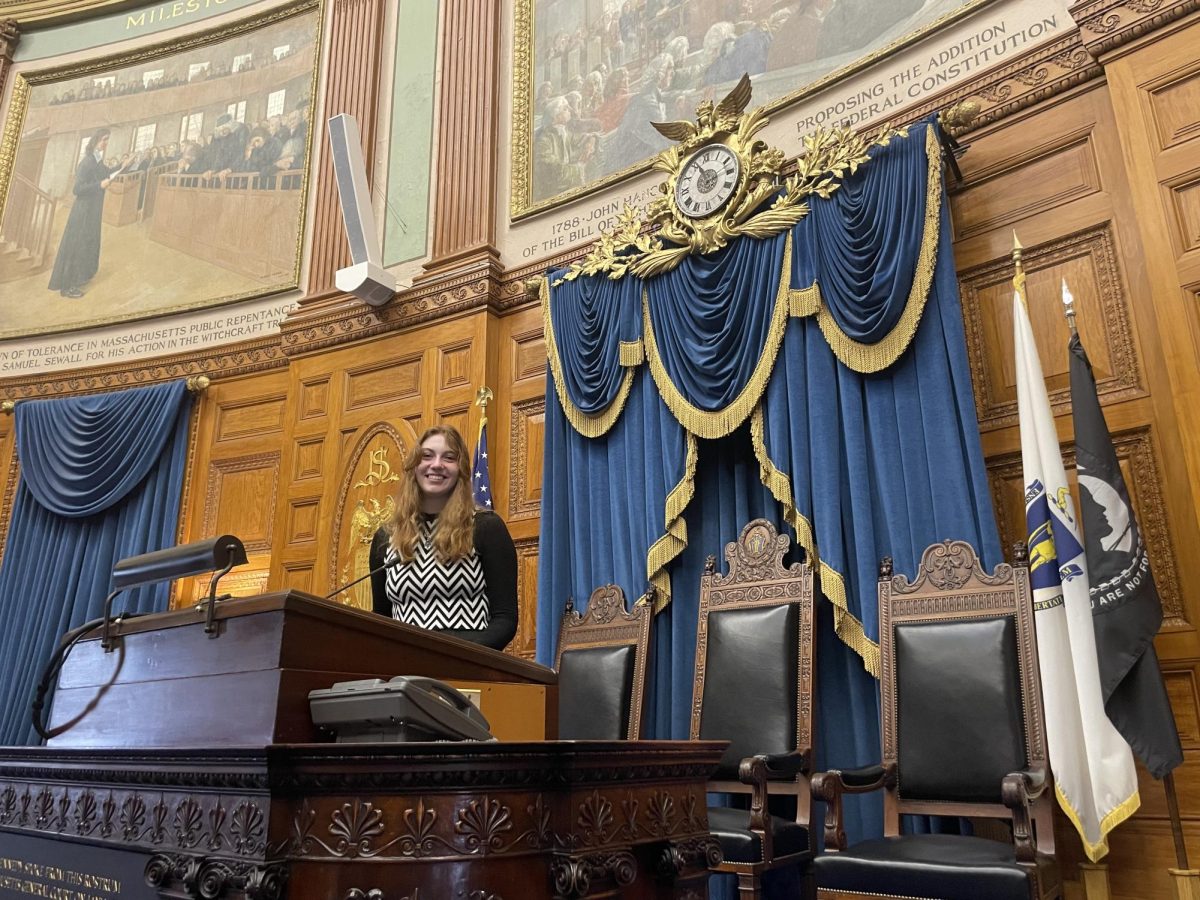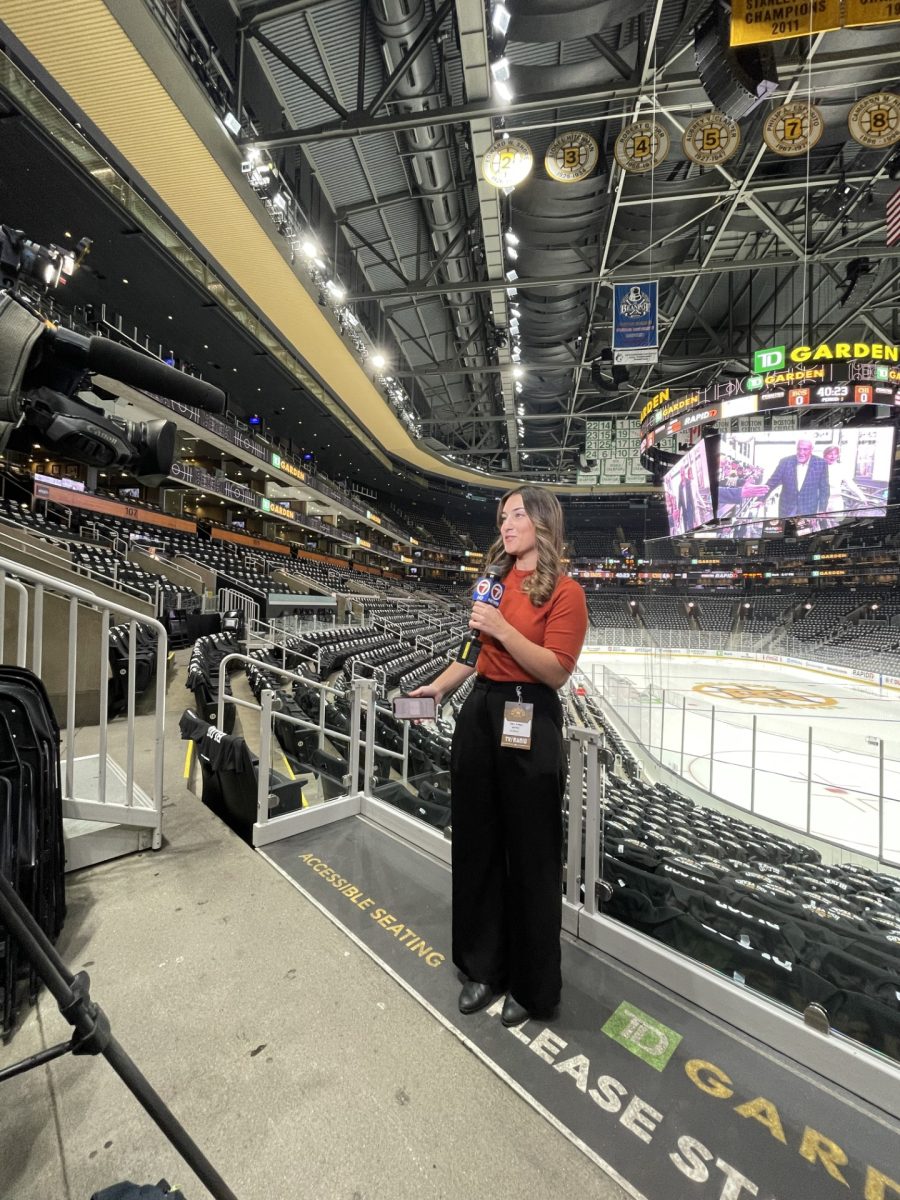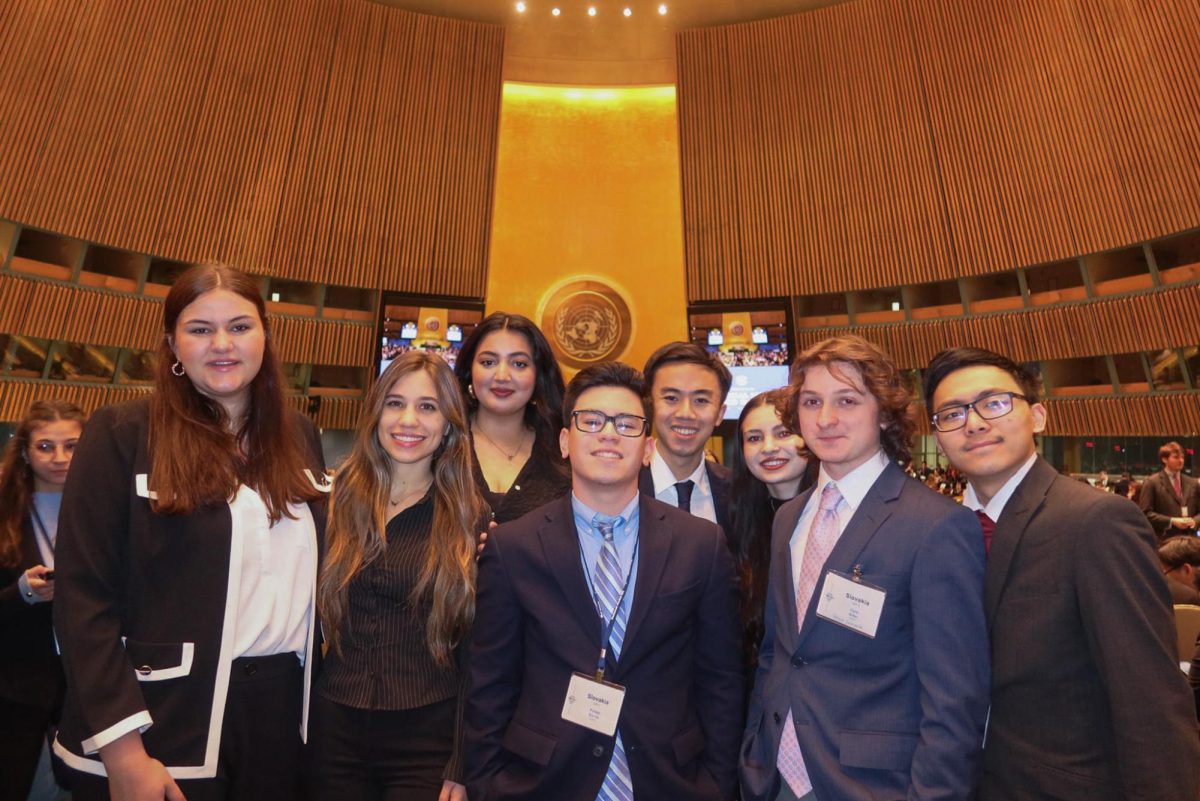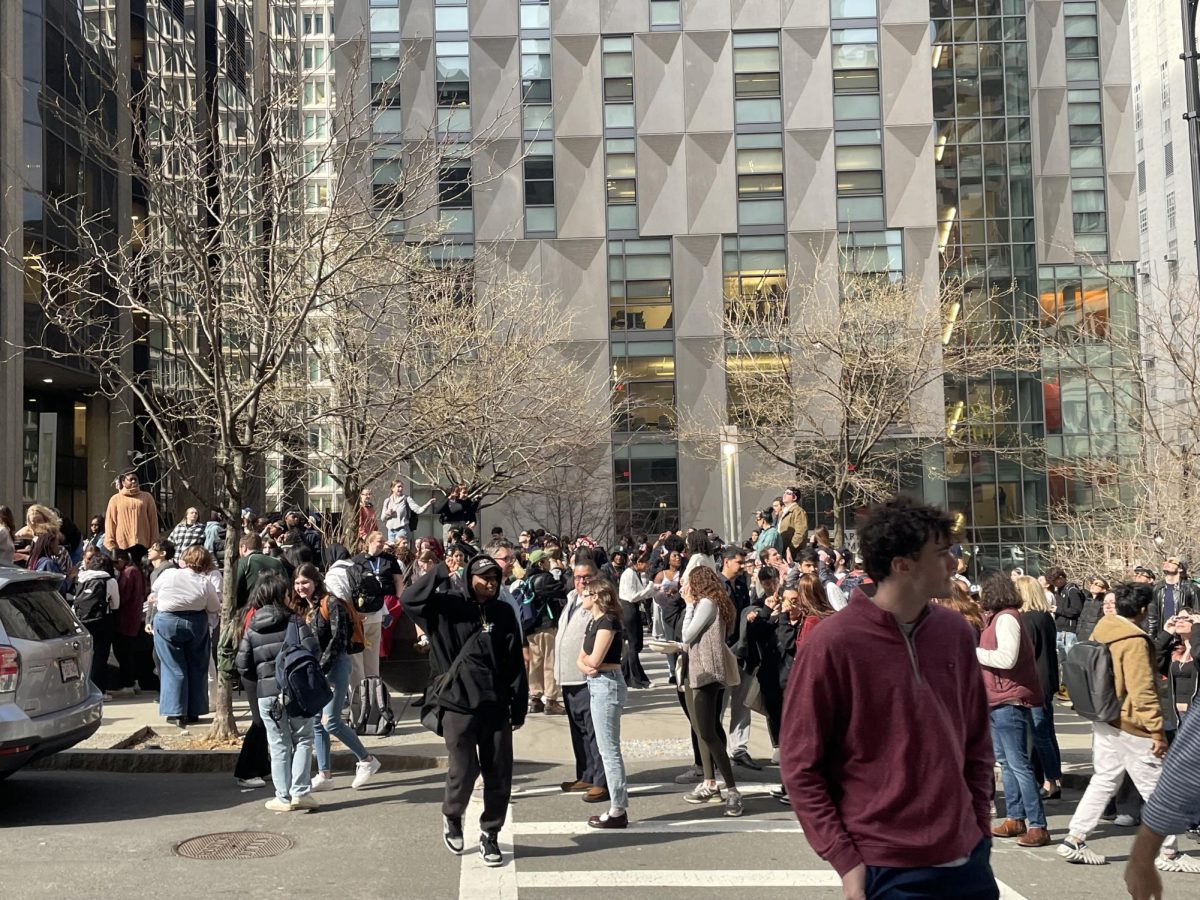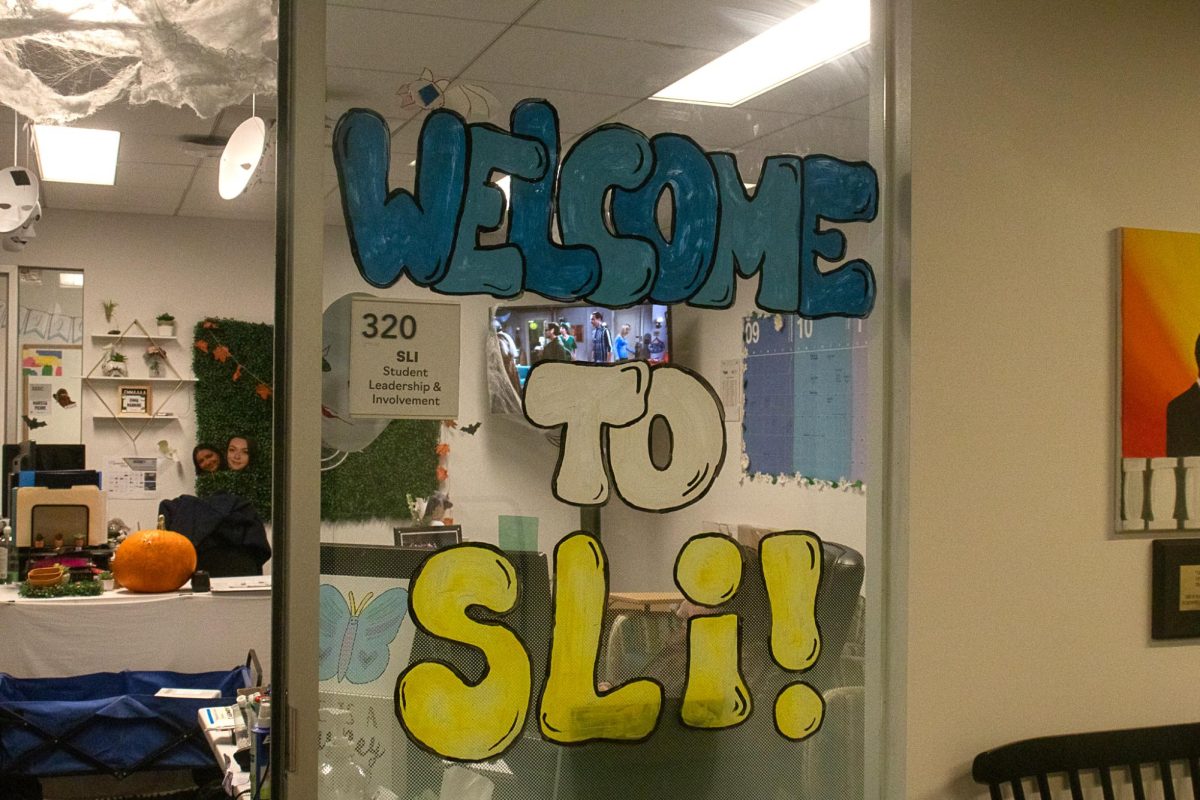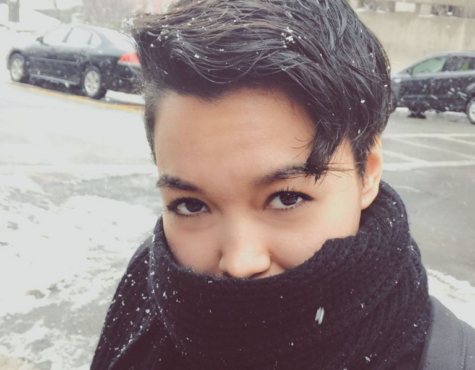It is not a phase. It is not confusion. It is not a mask to cover another sexual or romantic orientation. Many bisexuals have said they feel misunderstood and pushed to the corners of the LGBTQ rights movement, often discredited or scorned at due to myths, unawareness, and society’s obsession with knowing the exact coordinates of where one stands in the spectrum of sexuality and gender. In response, Bi*Visibility Day was created.
At Suffolk, Diversity Services hosted an event on Sept. 23. Bi* Visibility Day 2014 was dedicated to discussing definitions, oppressions, and biphobic tendencies.
People assume there is some privilege in being bisexual since, if the stars are aligned, one can seemingly “pass” as a heterosexual, Assistant Director of Diversity Services, Jesse Beal, explained. Such is the case when a cisgendered male who identifies as bisexual is dating a female. Conversely, bisexuality becomes invisible when that bisexual, cisgendered male is dating another male and one assumes that they are both gay.
According to Bi.org, the first event that marked this annual tradition was in 1999 when a group gathered at the corner of a bar in London to call for an international celebration of their identities. The following year, the U.S. held a series of popular events at Washington, D.C., a move that would create a snowball effect in communities, schools, and organizations across the country to join the celebration.
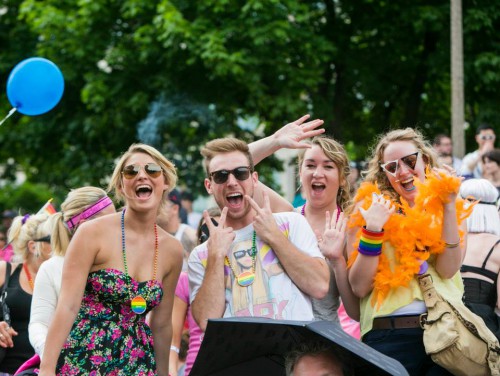
Another form of biphobia is believing that bisexuals, in addition to gay men, are the carriers of HIV/AIDS and are the ones spreading it, an issue that Suffolk junior Wyatt Costello has started to battle against.
Currently, an FDA law bans all men who have had sex with other men from participating in blood drives. Costello is asking Suffolk to suspend all blood drives on campus as it violates the university’s diversity statement and non-discrimination policy. As of Sept. 29, he had collected more than 500 signatures from the Suffolk community.
Costello’s vision is not to end blood drives on campus, but rather start a movement that will stop the profiling and stereotypes that the FDA applies to men who have sex with other men. If the FDA lifts this ban, millions more will be eligible to donate blood.
Costello was driven to begin this petition after he saw how few people were aware of it and how it discriminated men, especially bisexual and gay men.
“I’ve always known about this; I’ve always been aware of this,” he said. “It’s something that has been in the back of my mind. But it wasn’t [until] a diversity peer educator meeting that we started talking about it and how it violates the university’s policies. It made me upset that even within us, as DPEs, no one was aware about this law. It frustrated me that people didn’t even know that this sort of thing was happening.”
The purpose of hosting a day dedicated to bisexuality is to combat the fact that it is one orientation that is overshadowed by monosexual identities, such as lesbian and gay. While the LGBTQ community shares the same visions for equality, each letter in the famous acronym independently carries a set of controversies and questions.
For bisexuals, that set is distinctively heavy, fed by biases from even inside the LGBTQ community.
“The day was not about education day. It was not a coming out day,” writes Wendy Curry on BiNetUSA.org, the oldest bisexual publication entity in the country. “It’s not about [LGBTQ] partnership building or proving ourselves to anyone else. It’s not a ‘pride’ day, though many of us are proud. It’s not about usurping a gay event and making a smaller one for ourselves. It’s a truly unique day, just for us.”
The perpetual misconceptions stem from refusal to accept bisexuality as a valid identity and to accept sexuality beyond a question of “either this or that.” This prejudice is enforced when one deems a bi individual to be in a transitory state, in the midst of “figuring out” which binary gender they prefer. This tendency does not take into account fluidity and attempts to confine the vast space that sexuality encompasses into one restricting mold.


